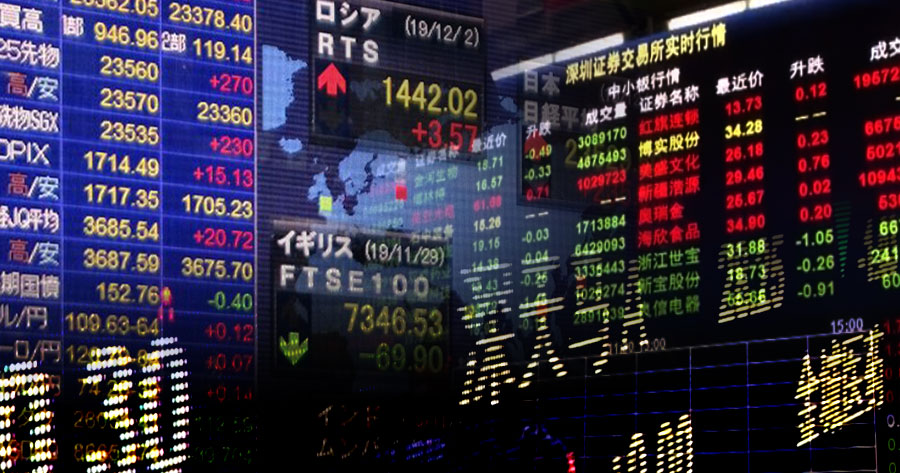Shares in most Asian countries fell on Tuesday as US Treasury Secretary Janet Yellen warned that China’s slow economic recovery could have global repercussions and prompted a reduction in growth forecasts.
As of 9.30 A.M. Bangkok time, the S&P/ASX 200 in Australia was 0.49% lower.
After being closed on Monday because of a typhoon warning, Hong Kong’s Hang Seng index dropped 1.76% when trading resumed today.
In mainland China, the Shanghai Composite was down 0.50%.
The Kospi index in South Korea fell 0.66% on the day that the country held its first Nuclear Consultative Group meeting with the United States.
To strengthen the nuclear deterrent against North Korea, the summit would “discuss information sharing, consultation mechanism, and joint planning and execution.” The South Korean presidential office was cited by Yonhap in its report.
Meanwhile, Japan’s Nikkei 225 rose 0.25% as the country prepared for the release of key financial data such as its trade balance and consumer price index for June later this week.
All three major U.S. indices rose overnight as investors awaited earnings season in the second quarter.
The Dow Jones Industrial Average gained 0.22%, its highest closing level since 2023. The S&P 500 index rose 0.39%, and the Nasdaq composite index climbed 0.93%.
Economists at several big institutions lowered their forecasts for China on Monday after the world’s second largest economy reported disappointing economic growth data. JPMorgan, Morgan Stanley, and Citigroup cut their growth forecasts for this year to 5%, putting Beijing’s official GDP target at risk.
According to US Treasury Secretary Janet Yellen in an interview with Bloomberg TV, “many countries do depend on strong Chinese growth to promote growth in their own economies, particularly countries in Asia, and slow growth in China can have some negative spillovers for the United States.”
As the threat of inflation decreases, there is growing optimism in the US that the Federal Reserve is reaching the conclusion of its monetary-tightening cycle.





